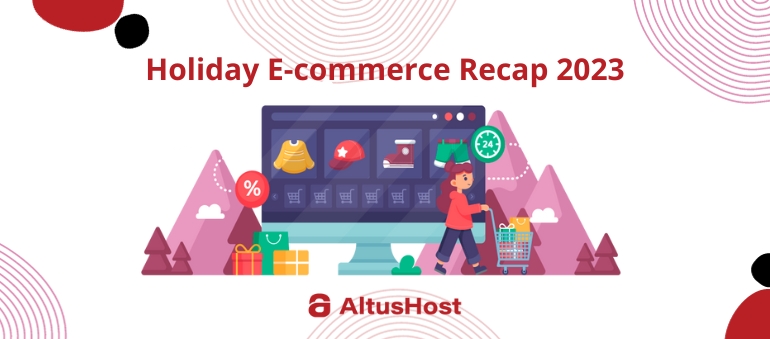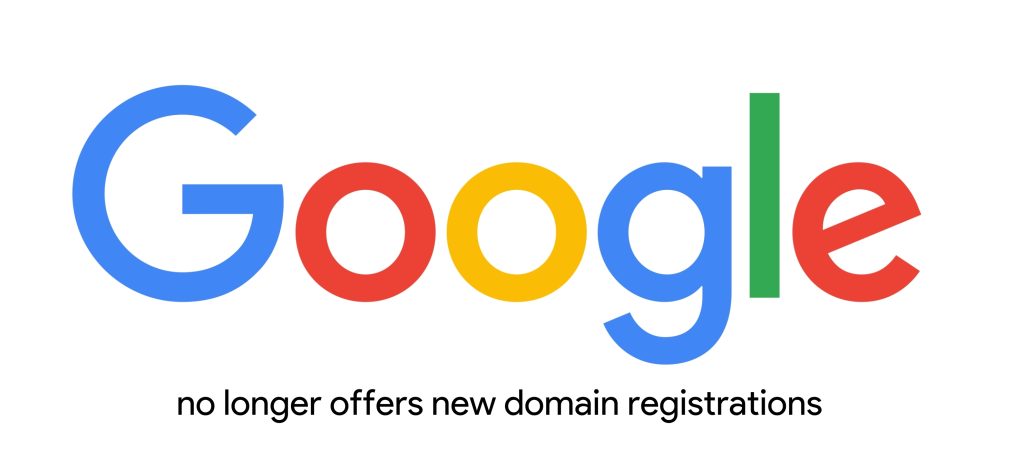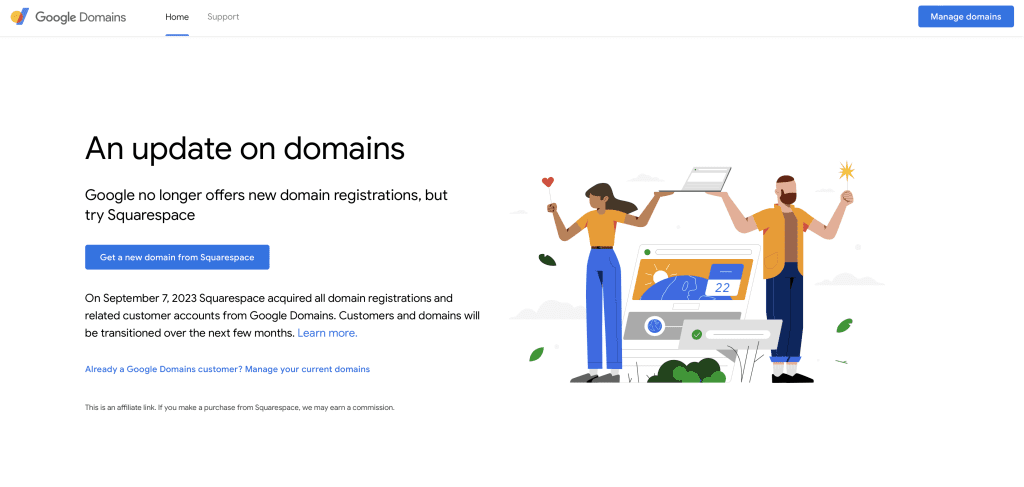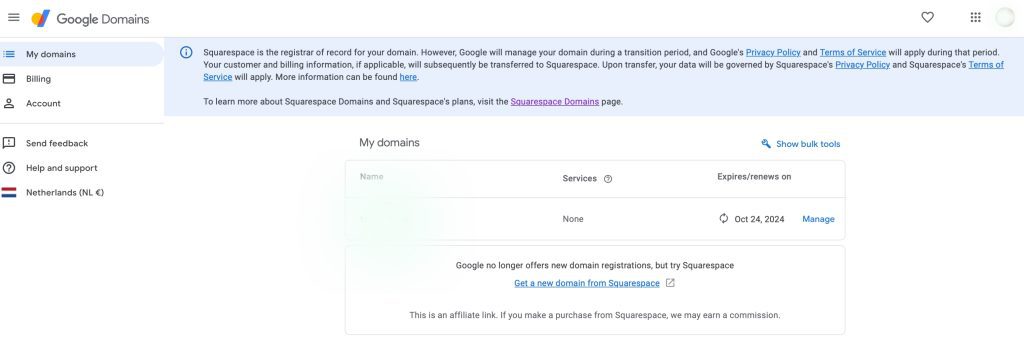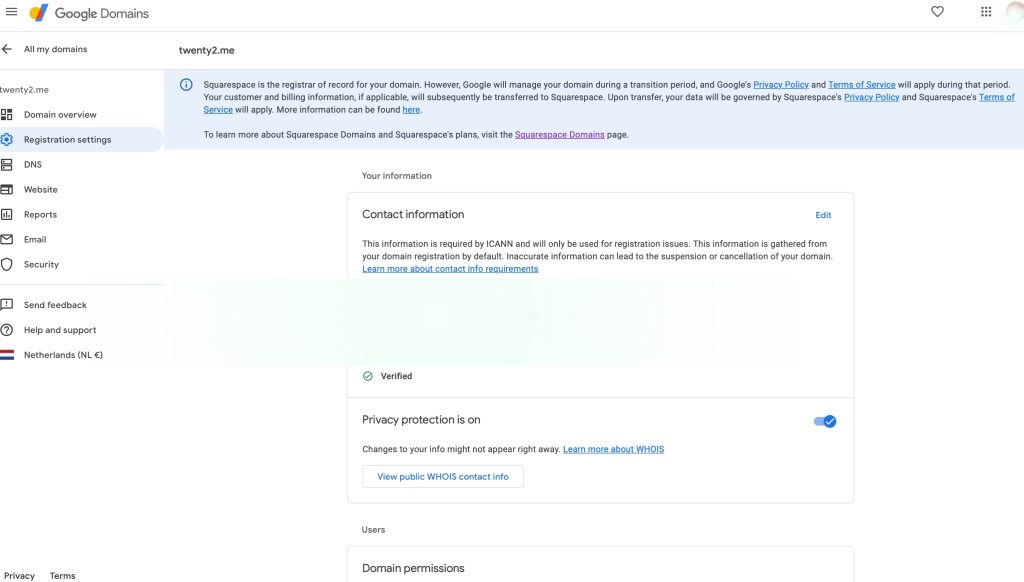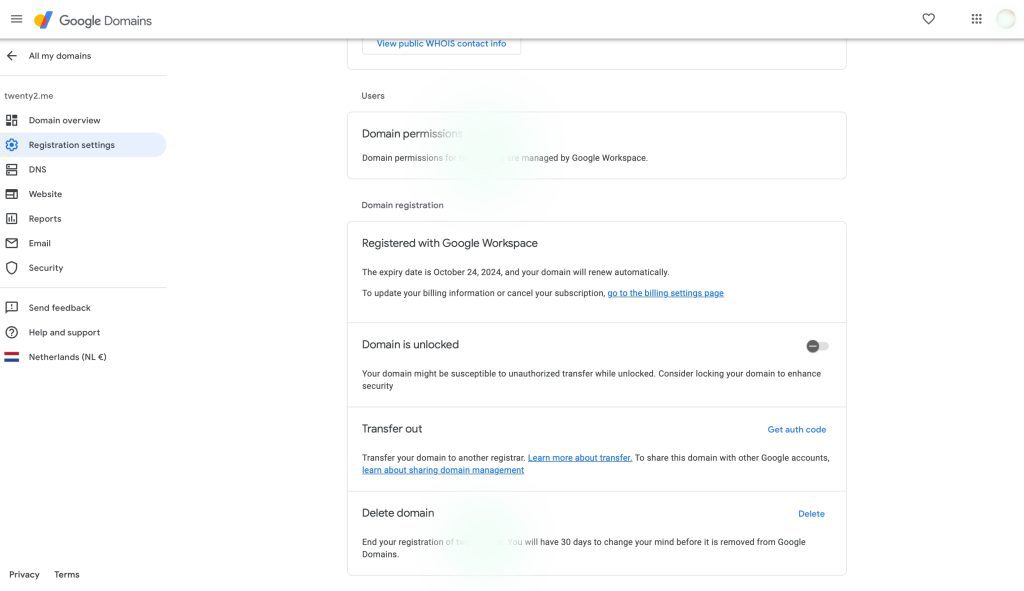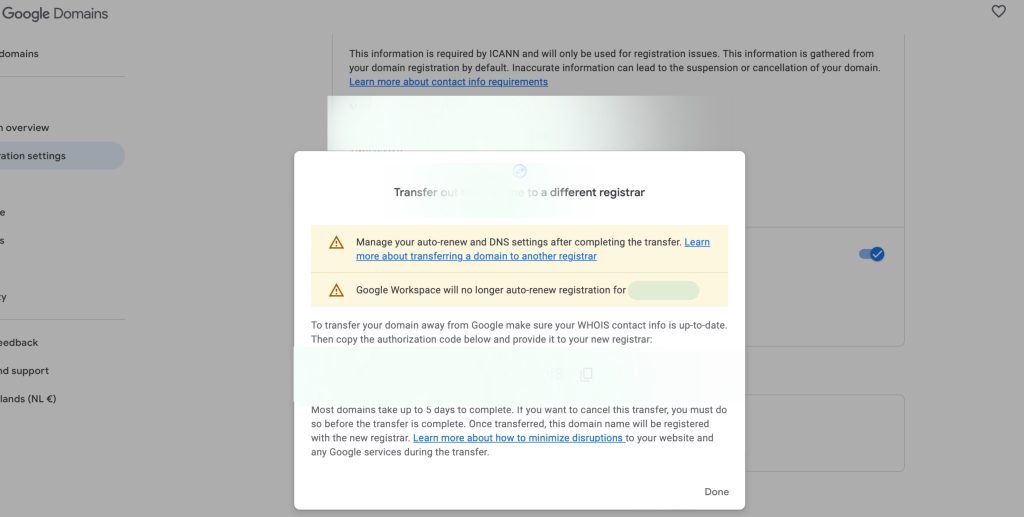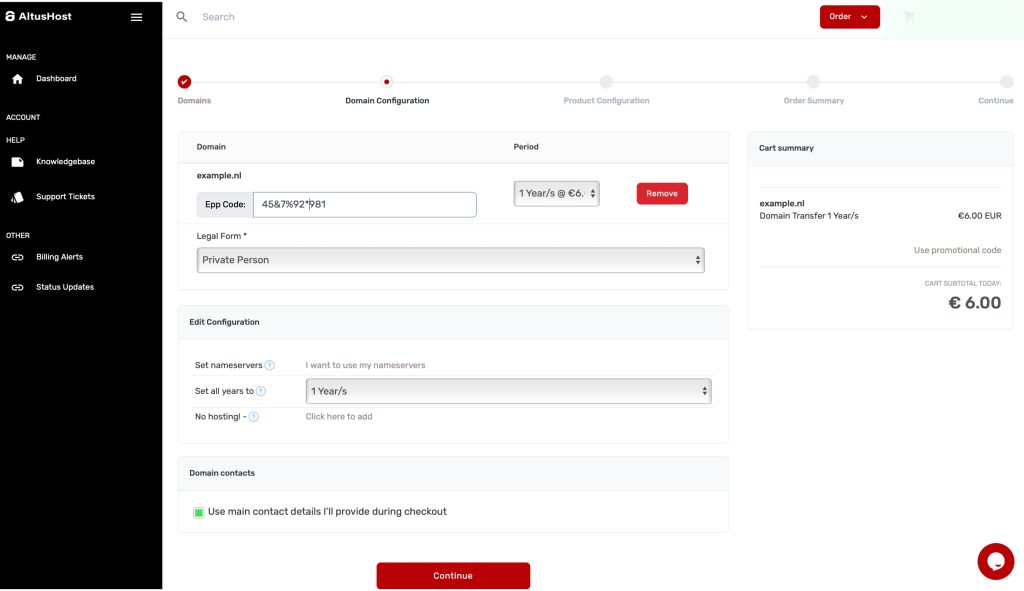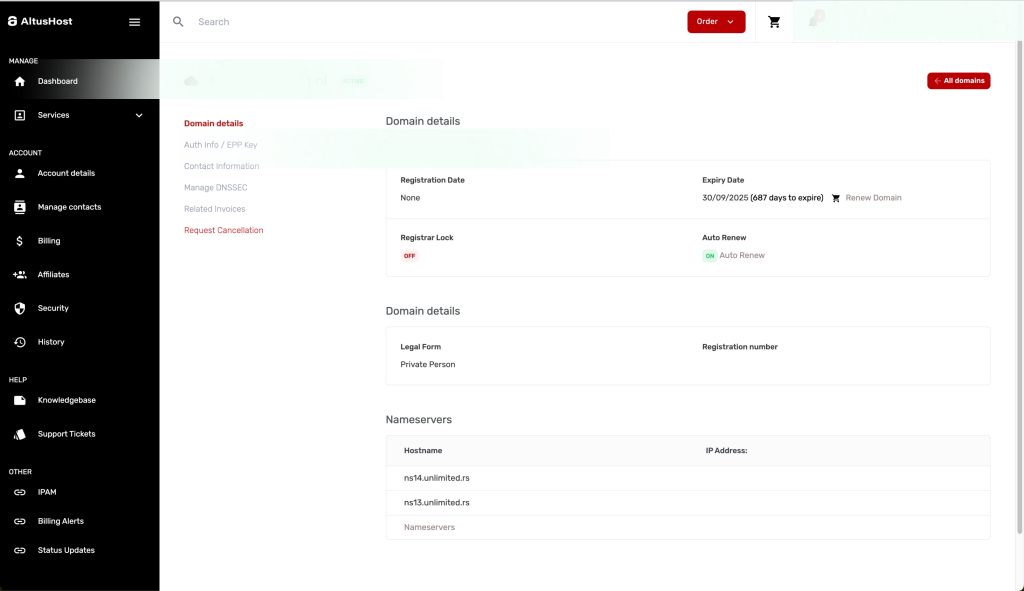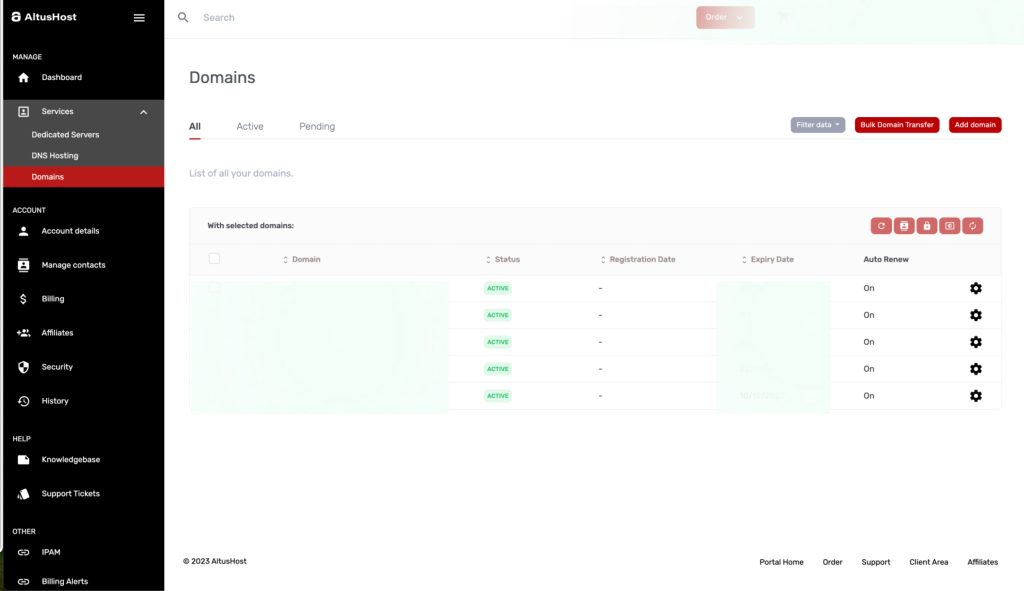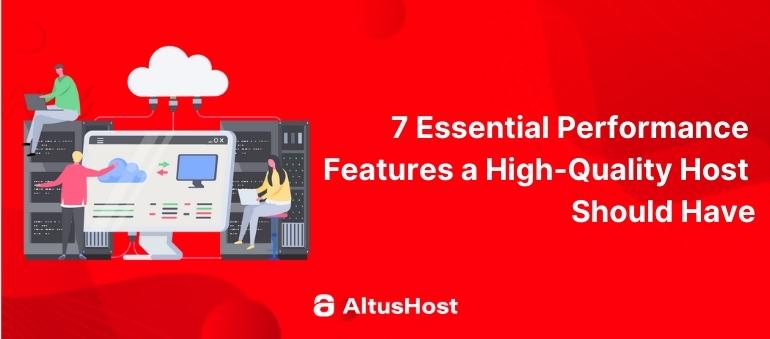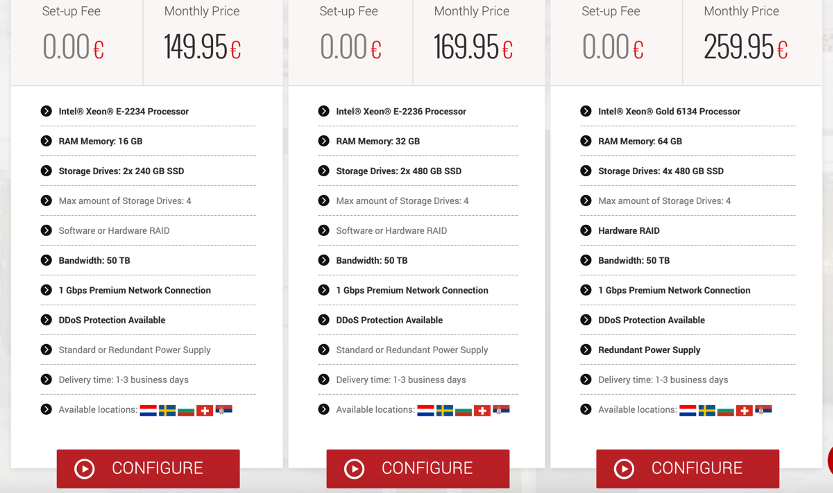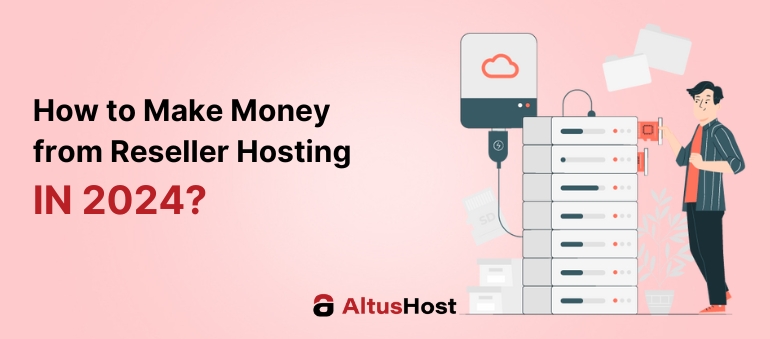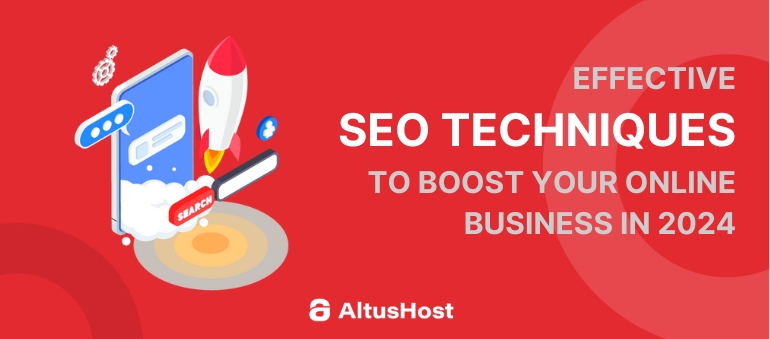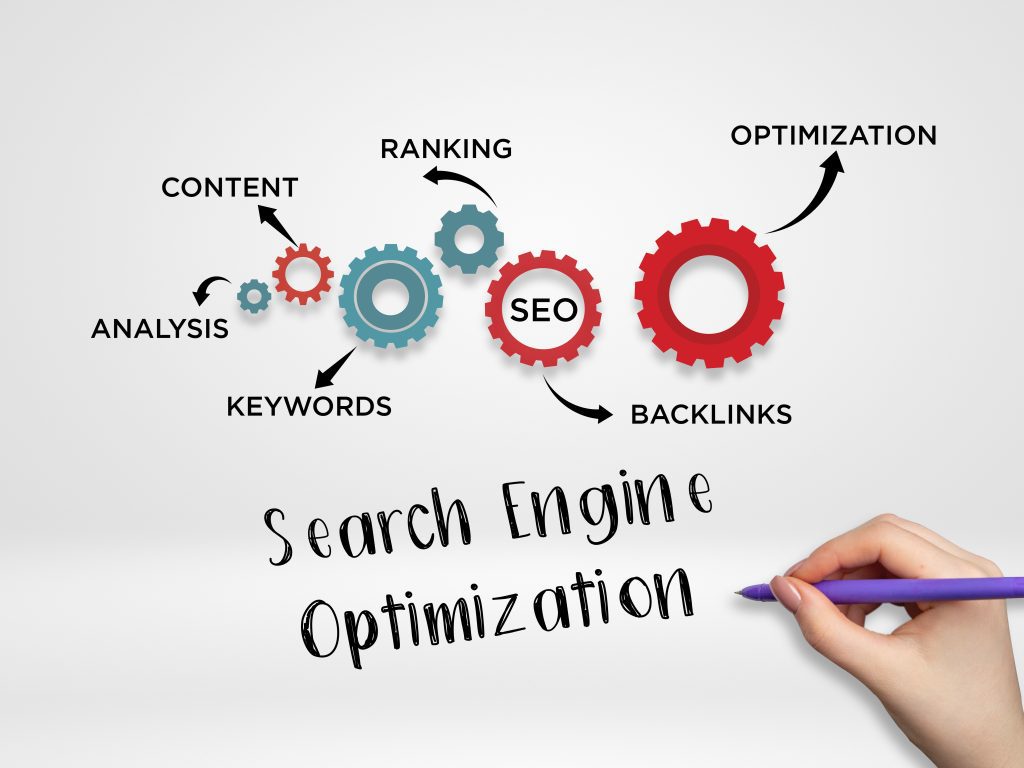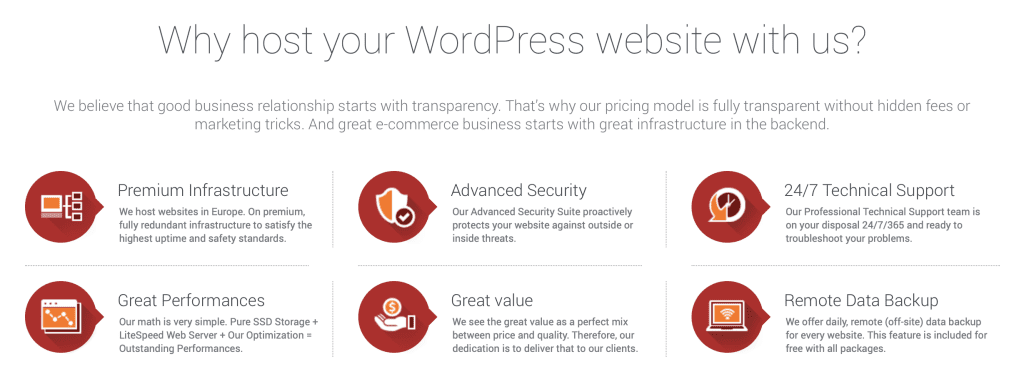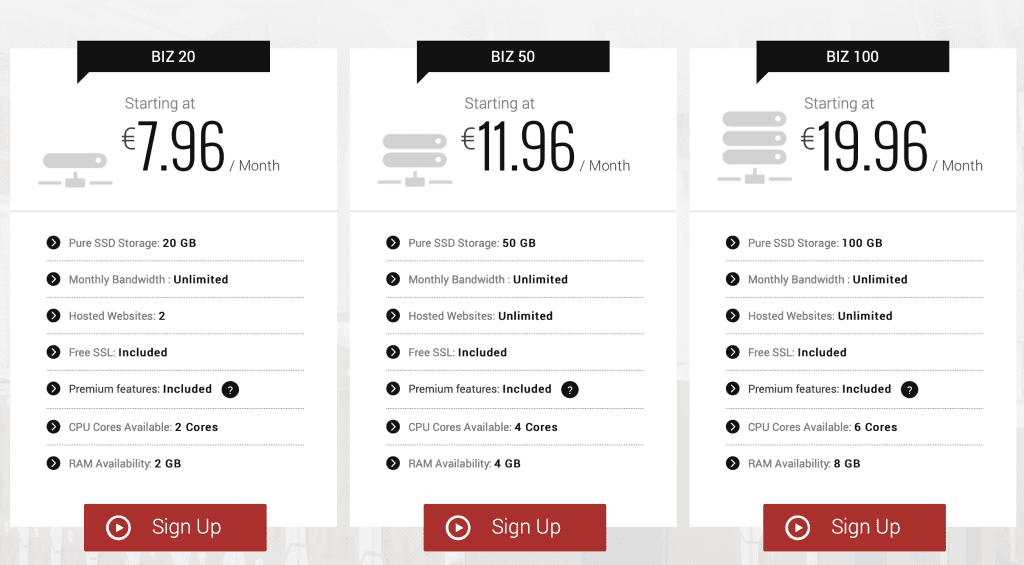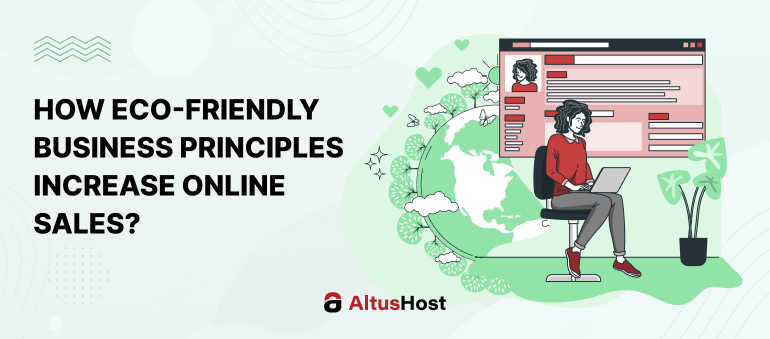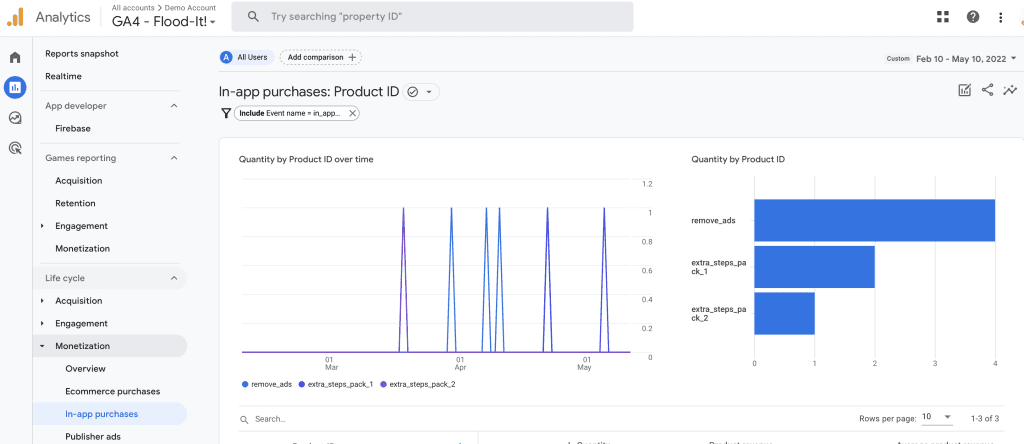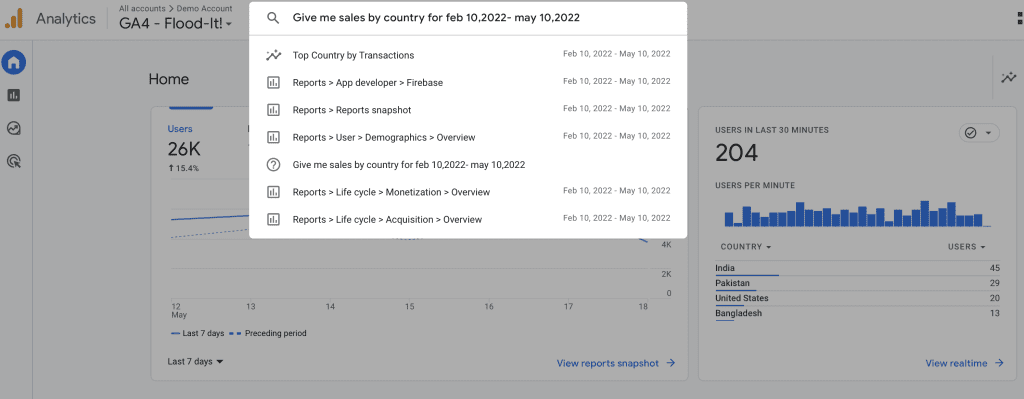Introduction
The holiday season, a time of merriment and joy, also signals a surge in e-commerce activities. It’s not just about the glistening decorations and warm cocoa; it’s a time when online businesses experience a dynamic influx of customers. From the exhilarating Black Friday sales to the heartwarming Christmas spirit and the ever-growing trend of online Secret Santa exchanges, this season brings diverse opportunities for businesses to shine. Amid this bustling landscape, AltusHost emerges as a key player, providing indispensable hosting and server solutions to ensure a seamless and delightful shopping experience for online businesses and their customers alike.
Total Christmas spending in retail in Europe (online and in-store) in 2023, by country
Source: Statista.com
The Diverse Surge in Ecommerce
The holiday season isn’t a one-size-fits-all affair for online retailers. Black Friday, a day synonymous with doorbuster deals and midnight madness, stands in stark contrast to the calm, gift-laden days leading up to Christmas. The emergence of Cyber Monday and the digital twist on gift-giving with online Secret Santa exchanges add further layers to this ecommerce wonderland. Each event has its unique flavor, catering to varied consumer interests and needs. From tech enthusiasts seeking Black Friday bargains to last-minute gift shoppers on Christmas Eve, businesses must be nimble in their approach to meet the demands of these diverse surges in e-commerce activities.
The holiday season encompasses online spending between Nov. 1 and Dec. 31 across 1 trillion visits to U.S. retail sites, 100 million SKUs and 18 categories.
AltusHost’s Hosting Essentials for Ecommerce Success
As businesses gear up for the holiday rush, AltusHost stands ready with hosting solutions crafted to handle the diverse demands of holiday traffic. Beyond the festive season, these hosting essentials prove indispensable for online success. AltusHost’s hosting solutions are not mere servers; they are the backbone of a reliable, scalable infrastructure that empowers businesses to navigate peak periods with ease. In an age where downtime is not an option, AltusHost ensures that online businesses can provide a seamless shopping experience for their customers, fostering trust and loyalty.
Security Measures for Festive Transactions
The festive season, while brimming with joy, also sees an uptick in cyber threats. AltusHost acknowledges the critical need for secure online transactions during this period. As shoppers eagerly fill their virtual carts, AltusHost implements robust security features and measures to safeguard customer data. Through encryption and proactive security protocols, AltusHost ensures that online transactions remain safe and secure. This commitment to cybersecurity isn’t just for the holidays; it’s a year-round dedication to preserving the integrity of online businesses and the trust of their customers.
Source: Freepik
Optimizing Performance for Conversions
The holiday shopping experience extends beyond finding the perfect gift. It encompasses the entire online journey, from the moment a customer lands on a website to the final checkout. AltusHost provides businesses with insights into optimizing website performance, a crucial factor in enhancing the holiday shopping experience. With advanced performance optimization tools and features, AltusHost ensures that websites not only withstand the influx of holiday traffic but also deliver a seamless and responsive interface. A well-optimized website contributes to higher conversion rates, customer satisfaction, and a competitive edge in the crowded ecommerce landscape.
Planning Ahead for Future Success
The holiday season undoubtedly presents a lucrative opportunity for businesses, but those with a foresighted approach recognize the significance of looking beyond the immediate festivities. To ensure sustained success throughout the year, businesses should delve into understanding their target audience thoroughly. This involves gaining insights into how customers shop, the channels they prefer, and the factors that influence their purchasing decisions.
In addition to comprehending consumer behavior, keeping a pulse on web design trends is crucial. A visually appealing and user-friendly website not only enhances the overall shopping experience but also contributes to brand credibility. Regularly updating and aligning your website with current design trends can set your business apart and make a lasting impression on visitors.
Creating focus groups can be a valuable strategy in gauging customer preferences and expectations. By soliciting feedback directly from your audience, you can fine-tune your offerings, marketing strategies, and overall business approach. This proactive engagement helps build a stronger connection with your customer base and positions your business to meet their evolving needs effectively.
Striving for excellence within your industry is a given, but equally important is offering exceptional customer support. The post-holiday period is an opportune time to assess and refine your customer service practices. Businesses that prioritize responsive and efficient customer support leave a positive lasting impression, fostering customer loyalty and advocacy.
In essence, the key to post-holiday success lies in understanding your audience, staying attuned to web design trends, leveraging focus groups for direct insights, aspiring to be an industry leader, and providing unparalleled customer support. By adopting a holistic and forward-thinking approach, businesses can transform holiday momentum into sustained, year-round success.
Source: Freepik
Conclusion
As we conclude our exploration of the past holiday season, it’s not just a retrospective; it’s a blueprint for planning ahead. With Valentine’s Day around the corner, followed by the joyous gifting during Easter, and the anticipated summer season, businesses have a multitude of opportunities to capitalize on.
AltusHost, your steadfast partner in the e-commerce wonderland, remains committed to providing the tools and expertise needed for your business to thrive in every season. Seize the insights gained from the holiday rush, be prepared for upcoming occasions, and make every season a resounding success for your online business. Whether it’s the romance of Valentine’s Day, the joy of Easter gifting, or the vibrancy of summer, AltusHost is here to empower your online journey. Explore AltusHost’s hosting services or reach out to our dedicated support team for personalized assistance.
Together, let’s navigate the upcoming seasons and turn each occasion into a triumph for your online business.

